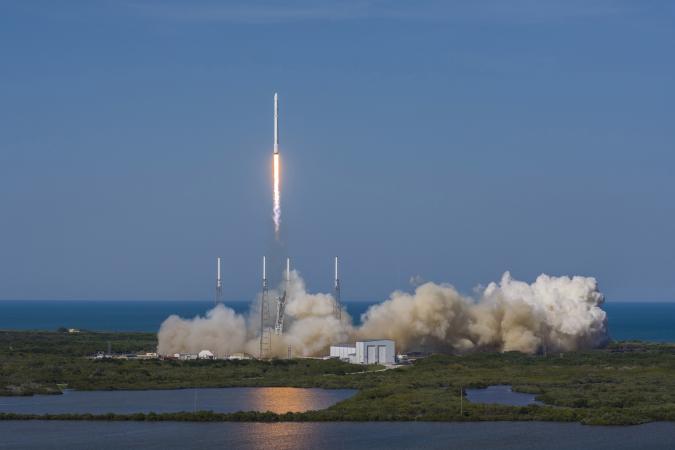
Last month, Republican Assemblyman Tom Lackey introduced legislation to repeal California’s recently enacted tax on space travel. California’s space tax, the first ever created, requires businesses exploring and attempting space travel to pay taxes based on miles traveled through space and the frequency of flight launches.
The tax has the potential to greatly harm California’s $61.6 billion aerospace industry and the high paying jobs and investment it generates because it puts California at a further disadvantage to competing states.
Importantly, California is increasingly locked in competition with other states to attract and retain aerospace businesses. However, in contrast to California’s litany of high taxes and anti-business regulations, competing states like Florida, Texas, and Georgia have gone as far as offering tax incentives to aerospace businesses to entice them to move away from California.
The impacts of these opposing policies on California’s economy are already being felt. Moon Express, a business at the frontier of the space industry, has already left California for Florida because of Florida’s economic development incentives. Although nonintervention is preferable to economic incentives, these aggressive actions to attract businesses illustrate that until the space tax is repealed, California will continue to fall further behind in attracting jobs and business investment to the state.
Unfortunately, the damage of this space tax is not limited to jobs and business investment. Jon Coupal, president of the Howard Jarvis Taxpayers Association, notes that “space exploration has led to advances that fundamentally change lives, including solar panels and artificial limbs.” The space tax threatens to block the invention of these innovative and transformational products, which would significantly impact the lives of all Americans.
Lackey’s bill to repeal the space tax is currently pending before the California Assembly Committee on Taxation and Revenue and would require support from a significant number of Democrats to pass. The bill poses a key question for California Democrats: is the sky no longer the limit for high taxes?

